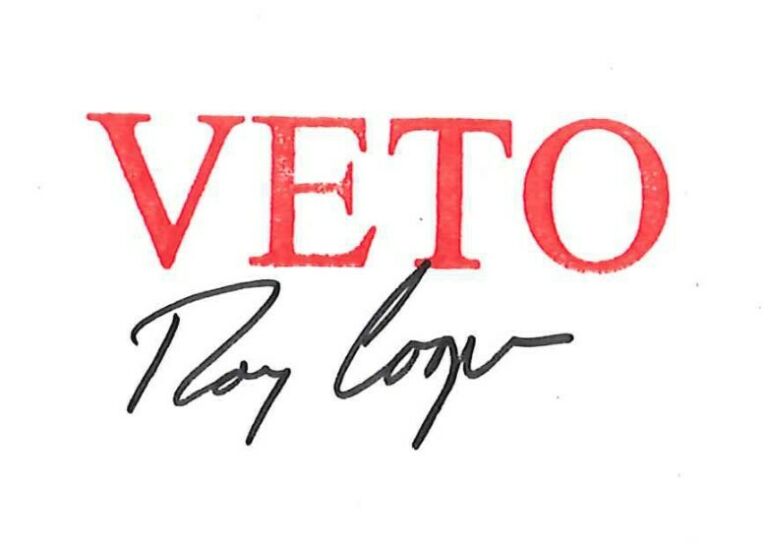Every 2 years, coinciding with the political campaigns for the North Carolina legislature, the research division at the John Locke Foundation produces a document that we simply call Agenda. This document is typically published in the late summer, after the short session of the legislature ends but before the campaigns to elect the next legislature begin in full force. The document itself is meant to be a candidate’s guide to the issues that we believe should be most important to them both in their campaigns and, if elected, how they govern.
Of course, consistent with JLF’s overall theme, the goal of the policy proposals offered in Agenda is greater individual liberty and, consequently, greater prosperity for the citizens of North Carolina. The document is ultimately guided by Article 1 Section 1 of North Carolina’s Constitution, which states:
We hold it to be self-evident that all persons are created equal; that they are endowed by their Creator with certain inalienable rights; that among these are life, liberty, the enjoyment of the fruits of their own labor, and the pursuit of happiness.
It is these principles that are the foundation of all of the policy proposals that have been advanced over the years in our Agenda document, including, and maybe especially, the idea that people have a basic right to the “fruits of their own labor,” which lies at the root of a free market economy. A basic underpinning of this “Creator endowed right” is the right to property. If you have a right to the fruits of your labor, it means you have property rights to it and to yourself, i.e., your labor. The right to do with your property as you see fit is what ultimately gives moral justification to the free market system. Agenda is meant to give practical application to these moral precepts.
All this is by way of pointing out the importance of this year’s “Agenda 2016,” due out in mid to late July. It will be 20 years since the JLF started the bi-annual publication, and this year’s issue will be the 11th edition of this showcase document, beginning our second 20 years. The first Agenda was published in 1996, when JLF had only a handful of employees and, for the most part, nearly all of the research and publication was being done by then President and current board chairman John Hood and investigative journalist extraordinaire Don Carrington. I was honored to be added to this team for the 2002 edition, and in 2006, the year after the research division as now constituted was created, the entire process was transferred to the new staff.
For anyone who has kept up with all of the editions of Agenda over the years, from Agenda 1996 to Agenda 2014, one thing is likely to be quite clear: the more things change, the more they stay the same. I have compared this to a point made by Steve Forbes in his introduction to the 50th Anniversary edition of Henry Hazlitt’s classic volume on economic policy, Economics in One Lesson. Forbes noted, “every tenet of the new economics that Hazlitt dispels continues today to rear its head in one form or another.” It is quite clear that this is true for questions of public policy in North Carolina. Indeed there are problems and solutions that were noted in our first edition of Agenda back in 1996 that will still be part of our discussion in 2016. The players and the political parties in charge have changed, but many of the problems remain the same.
So keep an eye out in late July. Agenda 2016 will be finding its way into the public eye and, more importantly, into the hands of all of the candidates for NC legislature, regardless of party affiliation. Our hope is that they will take it to heart and put liberty on the top of their priority list.


